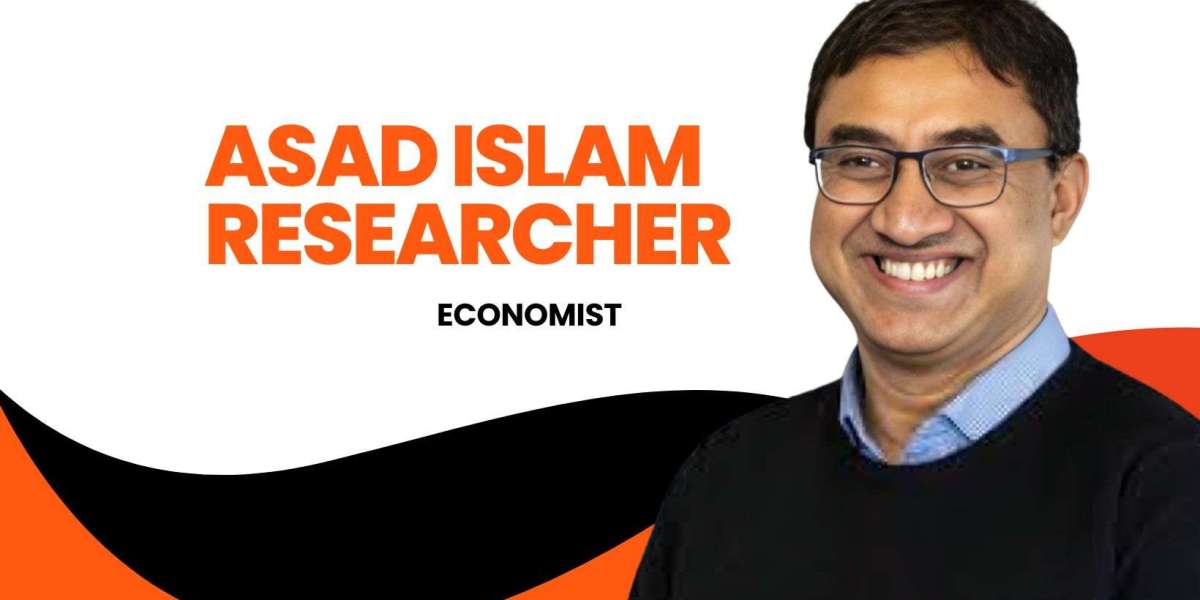In development economics, transforming rigorous research into tangible policy impact is no small feat. Few scholars manage to navigate this journey successfully. Asad Islam, a distinguished economist at Monash University, stands out for his ability to turn empirical fieldwork into evidence-based policy recommendations. His research, particularly using Randomized Controlled Trials (RCTs), has influenced policies in education, health, and gender equality.
Academic and Professional Background
Asad Islam is a Professor in the Department of Economics at Monash University and the Director of the Centre for Development Economics and Sustainability (CDES). His academic journey began with a PhD in Economics and continued with extensive field research in countries such as Bangladesh, India, Cambodia, Uganda, and Tanzania. His research focuses on development economics, with particular attention to education, gender, health, social networks, and technology adoption.
For more details on his career, publications, and achievements, visit his LinkedIn profile or download his CV.
Research Methodology
Islam’s research is grounded in Randomized Controlled Trials (RCTs), a method that allows clear identification of causal relationships between interventions and outcomes. By applying RCTs, he produces credible evidence for policymakers to implement programs confidently. His studies span education, health, gender equality, and technology adoption, often in collaboration with local institutions and governments. Learn more about his research contributions on Google Scholar and ResearchGate.
Translating Fieldwork into Policy
Education Initiatives in Bangladesh
One of Islam’s most impactful contributions is in the education sector. His research in Bangladesh evaluated interventions such as parent-teacher meetings and after-school tutoring programs. Findings demonstrated measurable improvements in student outcomes, influencing local education policies. Detailed results of these interventions can be explored on VoxDev.
Gender Equality and Economic Empowerment
Islam has also contributed significantly to research on gender equality. His studies identify the barriers women face in accessing economic opportunities and provide evidence to design effective empowerment policies. Governments in developing countries have used his findings to implement programs promoting female participation in economic and educational initiatives. More on his gender-focused research is available at CEPR.
Health Interventions in Sub-Saharan Africa
In Uganda and Tanzania, Islam’s research evaluates health interventions targeting marginalized populations. The findings help policymakers refine healthcare programs, ensuring they are both effective and accessible. His work illustrates how rigorous field studies inform real-world decision-making in health policy (Economics Observatory).
Challenges and Ethical Considerations
Data Integrity Concerns
Despite his achievements, some of Islam’s studies have faced scrutiny over data integrity. For example, a study on parent-teacher meetings in Bangladesh was retracted due to irregularities. These issues sparked discussions about ethical standards in development research. Details on this investigation are documented in Retraction Watch.
Institutional Responses
Monash University has addressed these concerns, clarifying that Islam holds no official position with the Global Development and Research Initiative (GDRI), the organization involved in the studies, and has received no personal or material benefits. More information can be read here.
The Future of Asad Islam’s Research
Islam continues to explore areas such as technology adoption, social networks, and economic development. His ongoing work has the potential to shape future policies, especially in regions undergoing rapid social and technological changes. Access his research data and publications through Google Sheets and Monash Lens.
His work exemplifies the vital role of evidence-based policymaking, bridging the gap between research and practice. The lessons from his RCTs demonstrate how interventions can be evaluated scientifically before scaling, ensuring effectiveness and fairness.
Conclusion: Asad Islam’s Enduring Impact
The journey of Asad Islam from fieldwork to global policy illustrates the transformative power of rigorous research. Through his use of RCTs and extensive field studies, he has informed policies in education, gender equality, and health. While challenges around data integrity have emerged, his overall contribution highlights the importance of evidence-based policymaking.
His research at Monash University continues to influence policymakers and development practitioners worldwide. For further exploration of his work and publications, visit his Monash University profile and Google Scholar citations.






